Loneliness has a cure, but it is not always easy. Loneliness is a state of mind linked to wanting human contact but feeling alone. People can be alone and not feel lonely, or they can have contact with people and still experience feelings of isolation.
Everyone suffers from loneliness from time to time. This can cause peeps to be uncomfortable or sad, but it can also be an invitation to look within and discover the things that genuinely make you happy.
Your feelings of loneliness matter
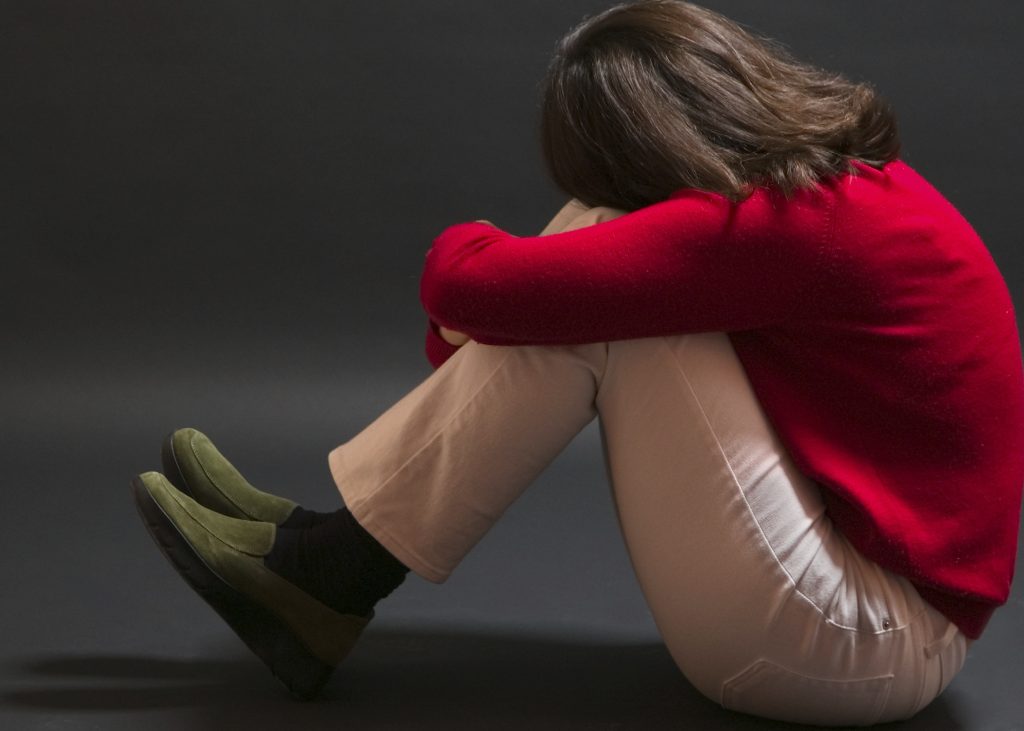
“The soul that sees beauty may sometimes walk alone.” — Johann Wolfgang Von Goethe
Nobody wants to be alone
- Feelings of loneliness are personal, so everyone’s experience of loneliness will be different.
- By understanding how to acknowledge and navigate these moments, you can nurture your mental, emotional, and spiritual well-being for greater overall contentment with yourself, whether you are physically around others or by yourself.
- Because of the human mind’s tendency to obsess over the past and worry about the future (instead of simply being present), too much time alone can have real mental and physical health consequences.
- One common description of loneliness is the feeling we get when our need for rewarding social contact and relationships is not met.
- But loneliness is not always the same as being alone.
- You may choose to be alone and live happily without much contact with other people, while others may find this a lonely experience.
- Or you may have lots of social contact, or be in a relationship or part of a family, and still feel lonely – especially if you don’t feel understood or cared for by the people around you
“Sometimes you need to take a break from everyone and spend time alone to experience, appreciate, and love yourself.”
Robert Tew
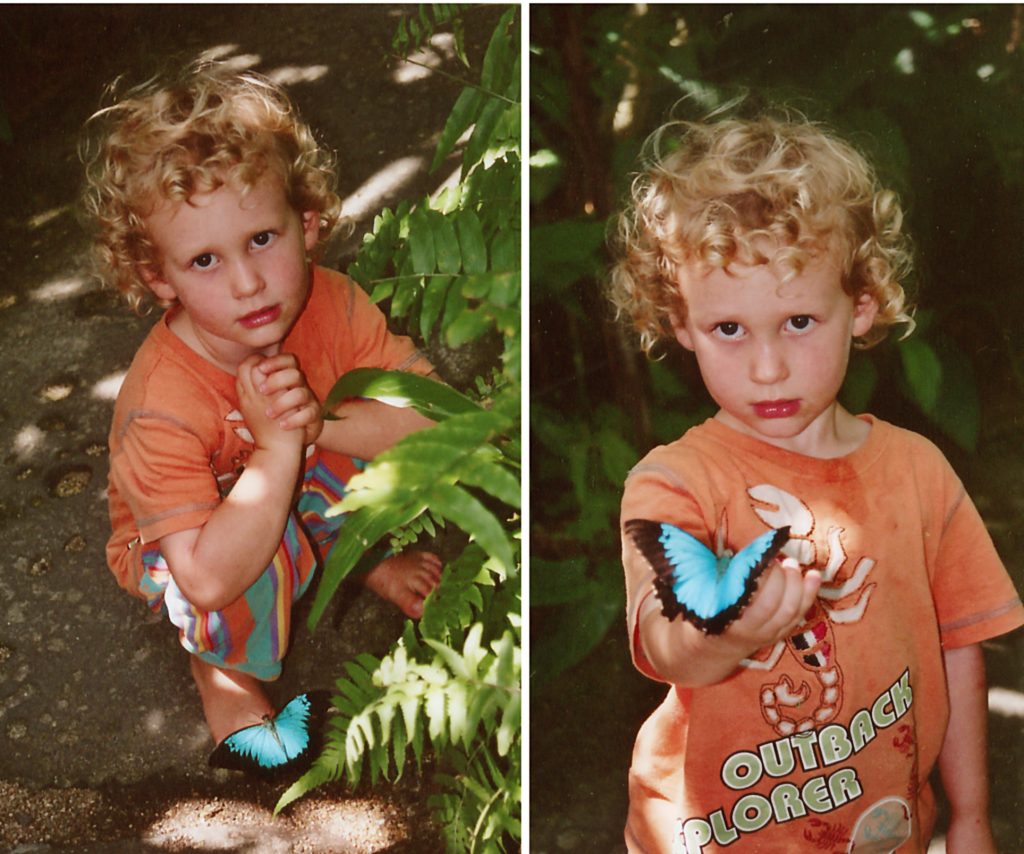
Remember that next time you feel alone.” — Mandy Hale
Make contact with others
When you’re feeling your most lonely, you doubt yourself, feel anxious socially, or are just unmotivated and want to be on your own. It’s almost counterintuitive to interact with others, but that’s exactly what you need to do.
- Loneliness is the pain that our genes provide when we are not participating in the kind of social behaviour that is responsible for our civilization.
- Just as a burn on the skin tells us that we should take our hand out of the fire, loneliness is the pain that tells us to interact more with other people.
- Recall the great scene in the movie Lawrence of Arabia when Lawrence purposefully burns his fingers, and then tells his colleague that the “trick” is “not minding that it hurts.”
- You can endure loneliness, just as Lawrence endured fire.
- Do you want to?
- (“… not minding” is what Lawrence said in the movie.
- Did Lawrence actually say those words anywhere, in his writings?
- Did someone overhear him say it?
- Or was that just the imagination of the scriptwriter?)
- In some ways, loneliness is the greatest pain of all.
- This is known by prison officials, who recognize that the worst torture they can give to a prisoner is solitary confinement.
- Depriving the prisoner of interaction with murderers and rapists is considered punishment.
- Yet some people prefer loneliness.
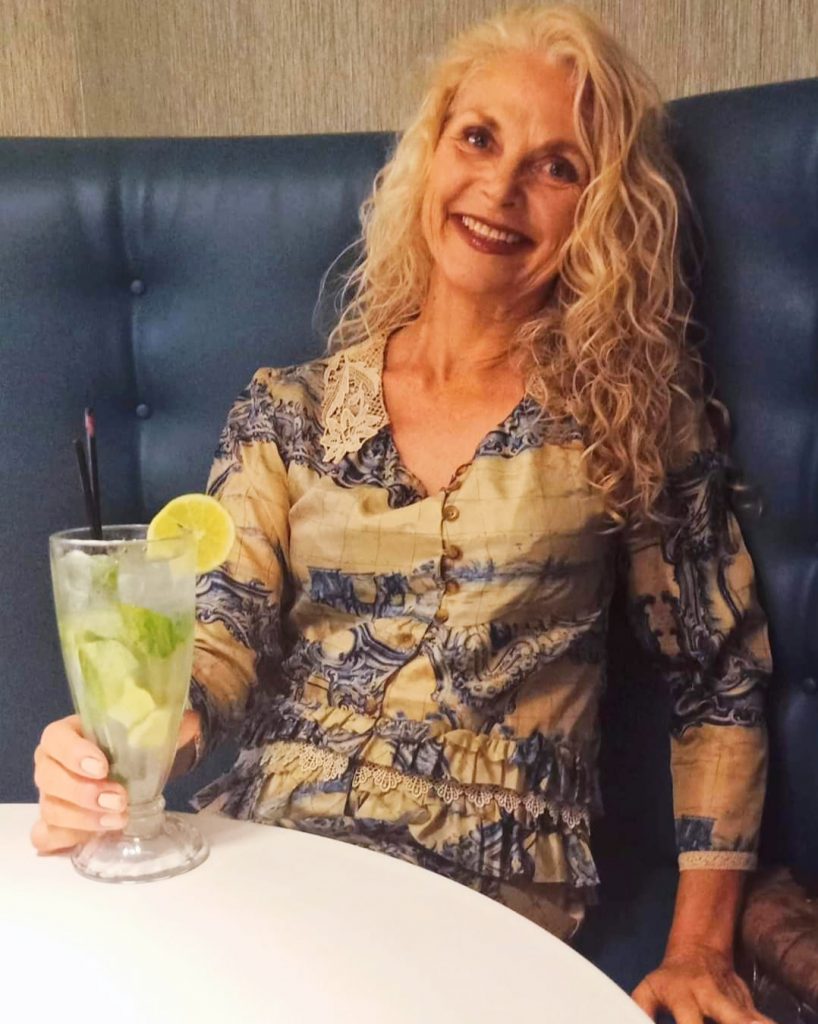
Being surrounded by the wrong people is the loneliest thing in the world.”
“I used to think the worst thing in life was to end up all alone.
It’s not.
The worst thing in life is to end up with people that make you feel all alone.”
Robin Williams

There are times when you need to sit all by yourself and reflect on your life or just enjoy your alone time.
Being alone does not necessarily mean that you should be lonely.
Being alone gives you the chance to discover yourself.
It allows you to learn things about yourself and know yourself better.
Being alone can also be good for your mental health because it can allow you to be more relaxed.
It is good to be with the people you love and who love you back, but being alone is good for you too.
“Some people can’t stand being alone.
I love solitude and silence.
But when I come out of it, I’m a regular talking machine.
It’s all or nothing for me.” – Celine Dion
“A man can be himself only so long as he is alone; and if he does not love solitude, he will not love freedom; for it is only when he is alone that he is really free.” – Arthur Schopenhauer
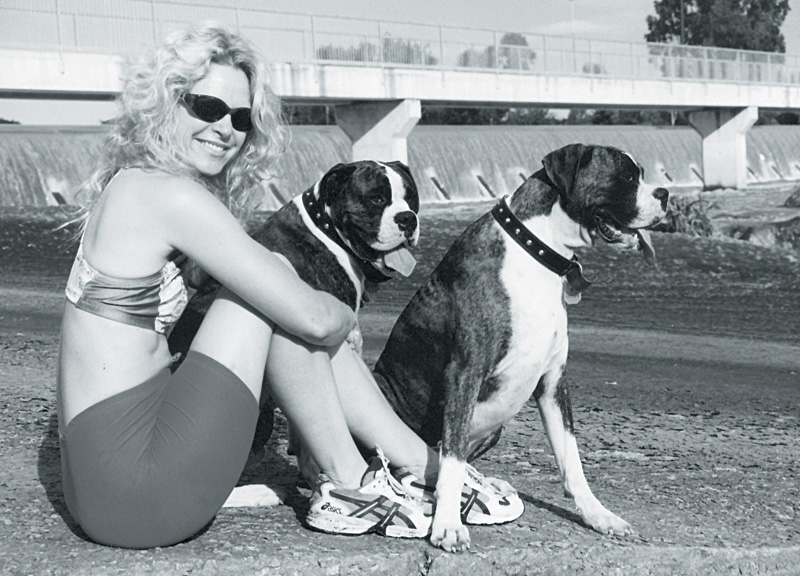
If you love dogs but can’t have one, consider visiting your local dog park.
If anyone asks why you’re there, just explain that you love dogs but don’t have one of your own. Everyone there is likely already a dog lover, so chances are they’ll understand (and maybe even let you toss a ball to their dog).
How loneliness feels to us…
Here we share with you how loneliness makes us feel.
We hope that our openness and honesty helps you to feel less alone and more understood.
Sharing can be a great way to tackle those feelings of shame around loneliness.
- “I feel like I’m not important to anyone.”
- “I feel like nobody needs me.”
- “I feel like I don’t really exist.”
- “I feel alone within myself.”
- “It feels safer to be alone – then I can’t get rejected.”
- “I feel numb when I feel lonely.”
- “I feel like I don’t have any meaningful relationships.”
- “I feel like I don’t have anyone to tell my good news to.”
- “I feel alone when I’m surrounded by people.”
We want you to know that we have been there.
We have felt it.
We want to help you feel empowered and able to tackle loneliness.
You are not alone out there, and there are people who care.

How to reduce loneliness…
- You are connected to the world: right now, you are sharing this experience of loneliness with people all around the world.
- Remember that loneliness is a universal experience – a part of being human.
- Don’t be idle and lock yourself in a room.
- Get out of the house and wander around the town or someplace far away.
- It will completely change your perspective.
Music is life. It can enhance creativity, heal pain + increase productivity as music is food for soul and mind.

I could crawl into the space between the notes and curl my back to loneliness.” ― Maya Angelou
- Find a beautiful and lonely place, put some kickass music and lie down.
- Trust me, new places and observing new people will help you to cope better.
- You are in control: you can use the power within yourself to make positive changes to your life.
- You could do this by relaxing, reflecting or doing a new hobby.
- We believe in you. You can take action.
- You can embrace your creativity: try to represent your experience through art and creativity and share it with others.
- Own your experience.
- Take its power away. Share it with the world. Help someone else out of the pain.
- Want to write a book? Don’t think about whether it will be successful or not.
- Just start penning down your thoughts. One word at a time.
- Want to build a community online? Don’t worry about the followers. Just start posting.
- One post at a time.
- Want to start dancing? Don’t think whether you will be able to do it or not.
- Just start attending classes. One class at a time. Or visit a music festival or a live band.

“They say reach for the stars and you will get to the moon. I say reach for yourself and you…”
– Francisco Leon.

- We get lost when we start thinking too deep in the future before even starting an activity.
- You are cared for: we care about you, as do support services, friends and family (or your created family). They are already out there. Reach out and let them in.
- You deserve quality relationships: make building quality relationships a priority over a quantity of relationships.
- The bonds you have with people can help to combat loneliness.
- Take time to strengthen your relationships. Tell yourself you deserve this.
- It really doesn’t matter whom you interact with.
- Just find somebody; almost anyone will do.
- Spend time with your animals. Some people find pets sufficient.
- I suspect loneliness is often a result of the fact that you don’t like the people you know.
- You might think that loneliness is preferable.
- The solution is to find someone new.
- If you are shy, that isn’t always easy.
- It doesn’t have to be someone you will love, or even like; it just has to be somebody.
- Experts believe that it is not the quantity of social interaction that combats loneliness, but the quality.
- Get active…Your hobbies and interests are important: we care about what you enjoy.
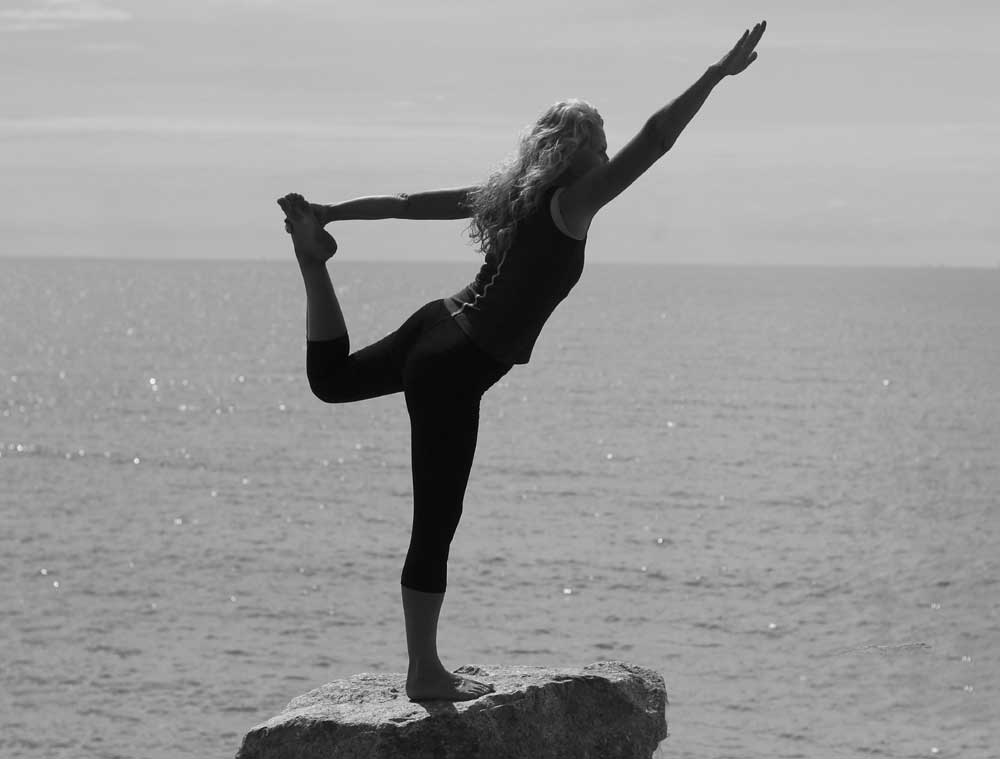
- It could be anything from finding a new TV show to learning a new sport.
- Remember that the things that feel a little scary can help us grow.
- Online groups
- Volunteering
- You can express your emotions in a healthy way: practice sitting with your emotions.
- Being present with your emotions.
- Reflecting and accepting your emotions.
- Connect to you.
- Journal, doodle, voice-memo and express yourself. Morning routine – write down 5 things you want. Use manifestation – see, feel – close your eyes and feel it!
- You can get curious about guilt and shame: try and have a conversation with them.
- Tell guilt and shame that you are not to blame for your feelings of loneliness.
- Remind yourself that it is not your fault. That these feelings are okay.
- You are unique: not following the crowd doesn’t make you alone, it makes you unique.
- We love who you are. There is nothing to be ashamed of.
- You are allowed to open up: opening up about how you feel is not a weakness, it is courageous.
- Try sharing how you feel with someone you trust.
- Getting honest and vulnerable can help create connection.
- You can create space between your feelings and social media: try to become active not passive when using social media.
- What feelings arise?
- Are you making judgements about someone else’s life or your own?
- Could you take a break from social media Unfollowing or muting accounts that bring up difficult feelings and following accounts that make you feel empowered can help with feelings of loneliness.
- You can find your community: by joining a group whether based on a hobby, religion, spirituality or an interest can help you ‘find your tribe’.
- There are people out there waiting to connect with you.
- Who are just as scared to make the first move.
- You can find peace in a busy world: if you are feeling disconnected to yourself try and get into nature.
- Whether that’s noticing a houseplant, finding a little park or getting into a forest.
Getting into nature can help you to feel at peace with yourself.

The trick is to simply start. One step at a time.
- You deserve to treat yourself: show kindness to yourself with a little gift.
- Whether that’s buying your favourite chocolate bar, putting time aside to take a bubble bath or dancing to your favourite song.
- You can be your own friend. You can be kind to yourself.
- We are grateful for you: we’ve taken a moment to be grateful for you.
- So, why don’t you take a moment to be grateful for the small wins in your life.
- It could be for getting out of bed and making it today.
- It could be for watching a bird patter across a roof.
- It could be for a great new show you’ve found.
- Try having the glass half full rather than half empty
By taking the time to read the hacks you have taken the first step to telling yourself that you deserve support.
Thank you for showing up today for you and for letting us in.
Remember that we’re in this with you and you are not alone.
Pain cannot be avoided but the suffering that comes with pain can be reduced if we are distracted.
Can a morning routine change your life?
- Finding the right morning routine doesn’t need to be challenging, but making small, simple steps to improve each day will ultimately lead to higher productivity and happiness in the long run.
- Taking these simple habits will help you have the best morning ever and find the perfect start to your day.
Miracle Morning
- So this is most-definitely one personal development book all of us need to read.
- And why not if it’s going to take only minutes off our morning routine each day, every day?
- The book is only 180 pages but is packed with very doable, practical techniques to improve our lives drastically.

- What’s being widely regarded as “one of the most life changing books ever written” may be the simplest approach to achieving everything you’ve ever wanted, and faster than you ever thought possible.
- What if you could wake up tomorrow and any-or EVERY-area of your life was beginning to transform? What would you change? The Miracle Morning is already transforming the lives of tens of thousands of people around the world by showing them how to wake up each day with more ENERGY, MOTIVATION, and FOCUS to take your life to the next level. It’s been right here in front of us all along, but this book has finally brought it to life.
- Are you ready? The next chapter of YOUR life-the most extraordinary life you’ve ever imagined-is about to begin. Read the book and WAKE UP to your full potential! Here is some from the book…

Truth is, I’m generally happiest when it’s just me. It’s okay to be madly in love with yourself.” – Richelle E. Goodrich
The 6-steps of a Miracle Morning routine: Life SAVERS
- Silence.
- Affirmations.
- Visualization.
- Exercise.
- Reading.
- Scribing.
1. Silence
Meditation Is Your Best Friend
- While the very best cure for loneliness is a strong “in-person” social network (i.e. not Facebook) and a loving family, this isn’t possible for everybody.
- Unless we go back to tribal living like our ancient ancestors, a more realistic solution is ideal.
- Luckily, neuroscientists are on it.
- When we feel isolated and separated from the “whole,” one particular brain region (the “parietal lobe”) becomes overheated.
- To prevent your car engine from burning up, you need a good radiator.
- To ensure loneliness doesn’t roast your brain, you need to keep your parietal lobe calm, cool, and collected.
- Thankfully, meditation is up to the task.
- Meditation — or simply sitting in silence — helps calm an anxious mind.
- I am not saying the pain will suddenly vanish, but you will understand that it is a process which you cannot forego.
- My take: For my “silence” practice, I recommitted to Boho Beautiful, a daily meditation app or available on YouTube. I’ve used it on and off in the past, and I’ve always enjoyed the 10-minute morning meditations (whenever I managed to press play!)
Dr. Newburg, a bestselling author, writes “When people lose their sense of self [in meditation], feeling a sense of oneness, [this] results in a blurring of the boundary between self and others…[with] no sense of space or passage of time.“
By making us feel connected to everyone and everything, meditation cancels out the detrimental mental, emotional, and physical effects of loneliness.
You know, that problem plaguing more than half of modern society.
While friends come and go, meditation will always be there for you.
- According to a highly referenced 300,000+ person study published in the esteemed ‘PLOS Medicine’ journal, people with the most social relationships (both quantity & quality) are not only much happier, but live 50%+ longer (!) than the rest of us lonely folks.
- Clearing yourself from negative energy and actively inviting positive energy into your mind at the start of each day will help attract more positivity into your life.

2. Affirmations
- An affirmation is a sentence or two in alignment with what you want to accomplish and who you need to be to accomplish it.
- “The Miracle Morning”, a popular productivity book by Hal Elrod, promises to reveal a “not-so-obvious secret” that’s “guaranteed to transform your life” — before 8 a.m.
- Elrod suggests repeating your affirmation daily, ideally out loud.
- “They immediately make an impression on your subconscious mind,” he explains.
- “They transform how you think and feel so you can overcome your limiting beliefs and behaviour’s and replace them with those you need to succeed.”

My take: I wrote out my affirmation and taped it above my desk:
“I’m an accomplished, successful wellness coach, author, and speaker. My work helps others feel less alone, and empowers them to make the choices and decisions that lead them to their best life.”
“Make sure you do at least one thing each day for your self-care, like lighting a candle and taking a bubble bath.
Baby steps make all the difference.
Reach out to your health professional, and get their advice too!”

3. Visualization
Visualization trains your brain to see things as you would like them to be instead of as they are. Elrod says that for five minutes, you should “visualize living your ideal day, performing all tasks with ease, confidence and enjoyment.”
My take: In addition to picturing my “ideal day,” I also tried to visualize my affirmation coming true — becoming that “future self” I so wanted to be.
4. Exercise
Yep, you knew this was coming. However, you don’t need to run 8 miles or even go to the gym at all (unless you want to). “Exercise” can be something as simple as a 10-minute yoga routine or set of bodyweight exercises you do on your living room floor. You just need to get moving and get the blood and oxygen flowing to the brain, Elrod says.

My take: I typically do a yoga class or work out at the gym in the mornings. So I saved this practice for last on the list — you can change the order of the practices in order to suit your schedule, Elrod says. If I didn’t make it to a class, I would do a quick yoga video at home.
5. Reading
This practice fast tracks transformation in any part of your life, Elrod says. “Don’t reinvent the wheel,” he reminds us. “The fastest way to achieve everything you want is to model successful people who have already achieved it.” He recommends a minimum of 10 pages per day, and suggests choosing a personal development book or a religious text.

My take: I tend to read more at night, so I chose a book with bite-size daily meditation passages from Marcus Aurelius, Daily Stoic: 366 Meditations on Wisdom, Perseverance, and the Art of Living.
6. Scribing
Scribing just means “writing,” but a “W” would have ruined the acronym. This could mean journaling, jotting down ideas, making a gratitude list — really, putting whatever is on your mind on paper (or on a screen!)
My take: Maybe the virtual version of a journal is a sure way to do it — the Google Doc. Open up a new document, write “Scribing” at the top, and leave it open on the computer at night so you are prompted to start writing in the morning. I love to write in my journal.. sometimes I swing in my hammock and read through all my past writing’s.
Practice gratitude
Gratitude really can enhance your happiness.
Throughout The Miracle Morning, Elrod talks a lot about gratitude. “The simple act of writing down the things I was grateful for lifted my spirits,” he says. And science agrees: Many studies have shown that practicing gratitude can help people feel happier, less anxious and less depressed.
Whether or not you write out a gratitude list in the mornings, the mere act of focusing on the good things in your life — rather than the negatives — every morning can truly change your mindset from a fixed mindset to a growth mindset.

I have control over my own shit.
Therefore, in order to win me over, your presence has to feel better than my solitude.
You’re not competing with another person, you’re competing with my comfort zones ”
- Start the morning by high-fiving the mirror and repeat a few I AM’s … I am enough. I am lovable
- Visualize – close your eyes and see yourself taking care of you. Just as if you are actually doing it!
- I will feel happy. I am so grateful that I made the changes there I am…I just signed another customer to my business…serve people around the world to become better versions of ourselves …visualize how happy you feel.
- Takes 30 seconds each morning. Build through consistency.
It may feel difficult to notice positive things in your life when you feel lonely, but taking a few minutes to practice gratitude each day may help you feel better.
- The tenets and theories behind the Miracle Morning routine are tried-and-true.
- There’s no doubt in my mind that these practices will enhance your life by boosting your productivity and improving your well-being.
- But in reality? Integrating six new habits into your morning — especially during a chaotic time — can just feel like added stress.
- In the future, I plan to continue to incorporate much of the Miracle Morning into my life. To not feel guilty if I skip the routine. To love myself and release all the past and what didn’t serve me.
- And some mornings, when I have enough time and I feel like I need a bit of a reset, sure, perhaps I’ll do all six.
- But for now, when it’s just about all I can do to check things off my ever-growing to-do list, I’m planning to stick to the four practices that are working for me: silence, affirmations, visualization, and exercise, and I’ll continue to add in reading and writing when I can.
“We can never be afraid to stand up for what is right, no matter what others may say.
And sometimes, if that means taking a lonely road, if what we are standing for is true, then perhaps moonlight or sunshine will light our way and make it less lonely.”
Pramila Jayapal

- Contributing factors to loneliness include situational variables, such as physical isolation, moving to a new location, and divorce.2
- The death of someone significant in a person’s life can also lead to feelings of loneliness.
- Additionally, it can be a symptom of a psychological disorder such as depression.
- Depression often causes people to withdrawal socially, which can lead to isolation.
- Research also suggests that loneliness can be a factor that contributes to symptoms of depression.3
- Loneliness can also be attributed to internal factors such as low self-esteem.
- People who lack confidence in themselves often believe that they are unworthy of the attention or regard of other people, which can lead to isolation and chronic loneliness.
- Personality factors may also play a role.1 Introverts, for example, might be less likely to cultivate and seek social connections, which can contribute to feelings of isolation and loneliness.
Hosted by the Movember Foundation, this is an annual event where people grow mustaches to raise awareness of men’s health issues, including prostate cancer, testicular cancer, and suicide.
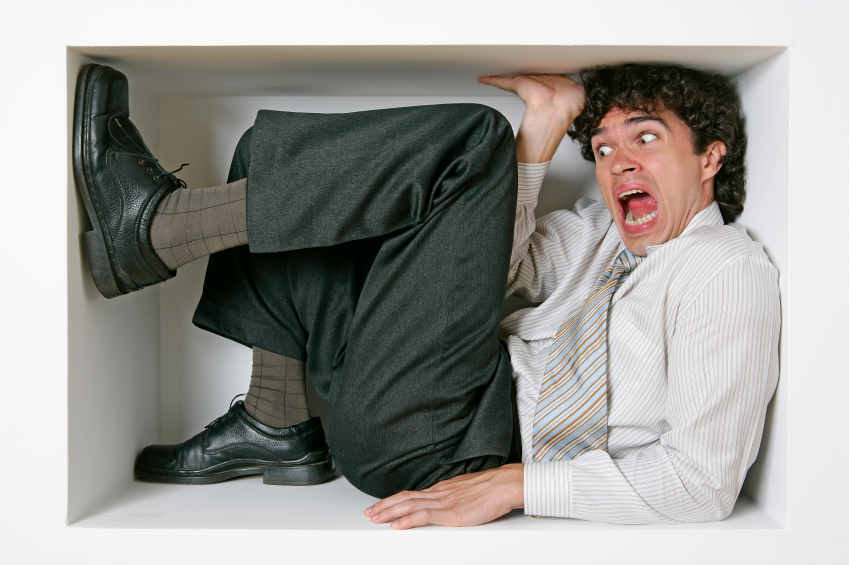
- Men will die on average 4.5 years earlier than women., and for reasons that are largely preventable. Which means that it doesn’t have to be that way: we can all take action to live healthier, happier and longer lives.
- November is National Men’s Health Awareness Month and with it comes various efforts to create a defence for men’s health, like Movember and No-Shave November.
- This month specifically raises awareness and support of those facing prostate cancer, testicular cancer, and mental health issues
https://au.movember.com/about/foundation
Where To Get Help:
Australia
- Kids Help Line – telephone 1800 55 1800 (free call) – for young people:
www.kidshelp.com.au - Lifeline – 13 11 14 (cost of a local call anywhere in Australia)
- Beyond blue, the national depression initiative:
www.beyondblue.org.au - Blue Pages. Centre for Mental Health Research at the Australian National University:
http://bluepages.anu.edu.au/ - Clinical Research Unit for Anxiety and Depression (CRUFAD). A WHO Collaborating Centre at the University of New South Wales:
www.crufad.unsw.edu.au - Living is for everyone – suicide prevention in Australia
http://www.livingisforeveryone.com.au/
USA
Suicide Awareness Voices of Education (SAVE)
http://www.save.org
SAVE offers information on suicide prevention. Call: (800) SUICIDE
American Foundation for Suicide Prevention
http://www.afsp.org
This group is dedicated to advancing the knowledge of suicide and the ability to prevent it.
American Psychological Association (APA)
http://www.apa.org
The APA provides information and education about a variety of mental health issues for people of all ages.
SafeUSA
http://www.safeusa.org/
This website from the Centres for Disease Control and Prevention provides suicide hotlines, resources, and information for people who are thinking about suicide or are concerned about someone they know.
National Youth Violence Prevention Resource Centre (NYVPRC)
http://www.safeyouth.org
NYVPRC was established as a central source of information on prevention and intervention programs, publications, research, and statistics on violence committed by and against children and teens. Call: (866) SAFEYOUTH

No SPAM ever! Read the privacy policy